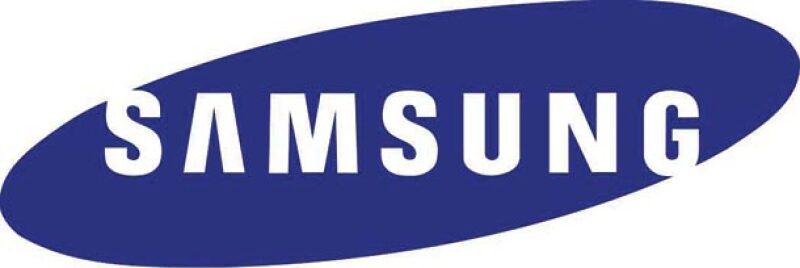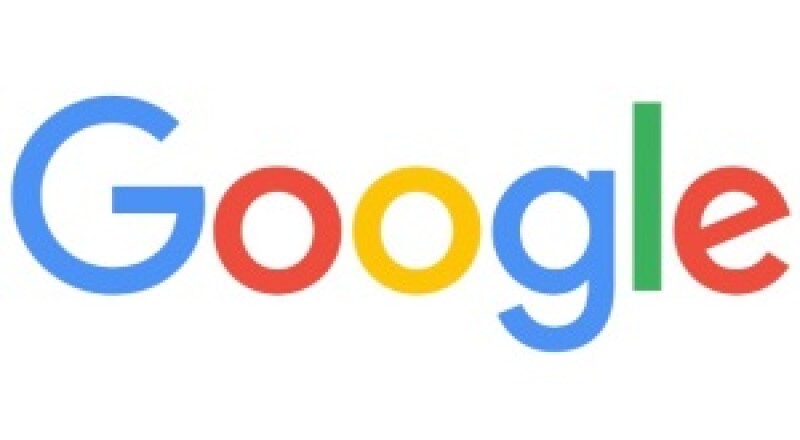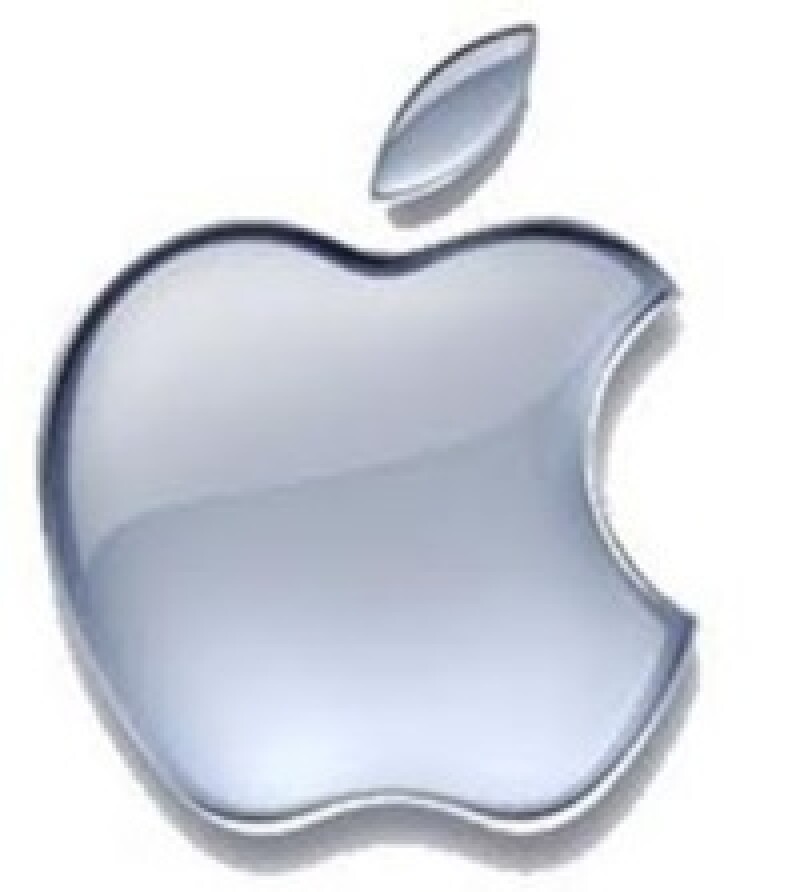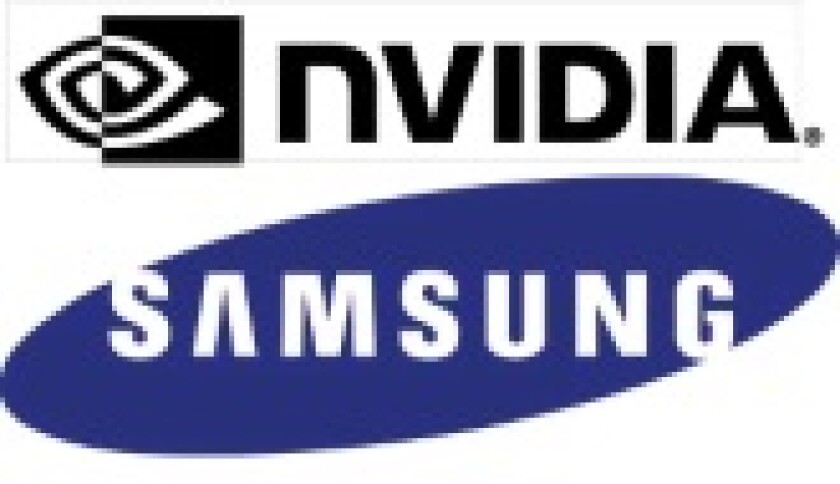Also on the blog this week:
USPTO updates patent subject matter eligibility guidance
Is the PTAB more balanced than patent owners think?
US Supreme Court takes on two more IP cases
And in our news and analysis:
Data: PTAB filing up in April, led by HP
Mexico’s trade mark opposition system approved by Congress
PTAB grants sixth motion to amend
Federal Circuit declines to change patent venue rules
Reactions and predictions from Cuozzo arguments at the Supreme Court
Unitary Patent and UPC: A progress report (April 2016)
Nvidia and Samsung settle
Nvidia and Samsung have settled all pending IP litigation between the two companies.

“The agreement will lead to the immediate dismissal of all pending IP litigation in US district courts, the US International Trade Commission and the US Patent Office between the companies,” Nvidia said in a statement. “The settlement includes the licensing of a small number of patents by each company to the other, but no broad cross-licensing of patents or other compensation.”

The two companies had sued each other in 2014, with Nvidia alleging infringement of patents covering graphics chips and Samsung alleging infringement of six patents as well as accusing Nvidia of falsely claiming it had the world’s fastest mobile processor.
According to the BBC, the settlement came hours before the ITC was due to announce whether Nvidia infringing three Samsung patents warranted an import ban.
Oracle and Google set to go again
A retrial in the Oracle v Google copyright cases is scheduled to begin on May 9, almost six years after the lawsuit was first filed.

However, Florian Mueller over on the FOSSPatents blog says “there’s really no reason to get excited about this retrial with respect to application programming interfaces (APIs)”.
Mueller argues that nothing that happens in the retrial is going to affect API copyrightability or result in a rule that makes APIs available on fair use terms. “This retrial is not about whether the technically-incompatible reimplementation of an API is covered by fair use,” he states.

He predicts a 55% or 60% chance for Google in the case, although Oracle can still win by judicial decision if Google prevails. He added that both parties are likely to try to get a judgment as a matter of law but he doubts they will get it.
He concludes: “So if anybody thought this trial could effectively provide everyone with free access to APIs, including technically-incompatible reimplementations, you can only be disappointed. Even if Google wins, that won't be the result. The result would, in that case, just be that a jury got confused about open-source licensing issues, ‘free’ access to a programming language and things like that.”
Bad iPhone reception in China
Apple has lost a trade mark dispute in China involving iPhone, reports The BBC. The Beijing Municipal High People’s Court ruled that Xintong Tiandi Technology could use the name IPHONE on handbags and other leather goods.

Apple initially sued the company in 2012. The court ruled Apple could not prove it was a well-known brand in China before Xintong Tiandi filed to register its mark in 2007.
Apple filed to register iPhone for electronic goods in 2002, but it was not approved until 2013.
Apple said it would request a retrial with the Supreme People’s Court. "Apple is disappointed the Beijing Higher People's Court chose to allow Xintong to use the iPhone mark for leather goods when we have prevailed in several other cases against Xintong," the BBC quoted an Apple spokesman as saying.
Is TXED becoming less plaintiff friendly?
Motherboard published a deep dive this week into the history of the Eastern District of Texas as a forum for patent cases.
The article reports that the Eastern District of Texas accounted for 44% of new patent cases filed last year. But it noted the district is not the fastest patent court in the US. Its median time to trial of 2.3 is the 11th fastest among districts with significant patent dockets.
Motherboard also noted that summary judgments are granted at a rate of 0.8% in the district, compared with 3.7% for the US district court system as a whole. Judge Rodney Gilstrap, who oversees more than a quarter of all patent cases in the US, even requires defendants to file a request before they can ask for a summary judgment.
However, there are some signs of change in the district. Gilstrap recently ordered an NPE to pay legal fees of the defendants for the first ever, in a case involving eDekka.
“The decision was noteworthy for Gilstrap, and seems to be a sign of shifting winds,” said the article. “So far in 2016, according to [Texas patent attorney Michael] Smith’s blog, there have been 10 patent rulings in the Eastern District of Texas – five in favour of the plaintiff and five in favour of the defendant. In the past, patent holders won jury rulings as much as 78% of the time in the Eastern District. For some reason or another, the Eastern District has started to look less and less plaintiff-friendly in recent months.”
This is not enough for some. Julie Samuels, an attorney and the executive director of Tech:NYC, told Motherboard: “It’s great to see Judge Gilstrap shutting down a single troll, but that is a drop in the bucket. These district court judges have a huge amount of discretion over what happens in their courtrooms.”
In perhaps another sign of the times, Samsung no longer sponsors the winter ice skating rink in Marshall.
Striking out at the TTAB
The Trademark Trial and Appeal Board has ruled that “High School World Series” is confusable with Major League Baseball’s “World Series” mark, the TTABlog reports.
The TTAB sustained the Office of the Commissioner of Baseball’s opposition, finding applicant’s mark confusingly similar to the “very famous” “World Series” mark for entertainment services in the nature of baseball games. S9 Sports was attempting to register “High School World Series” for “promoting the goods and services of others by arranging for sponsors to affiliate their goods and services with high school baseball.”
The applicant had attempted to argue that the services of the two parties are readily distinguishable. It said: “It is laughable for anyone to say that the common major league baseball consumer would drive to some out of the way field with lights emblazoned ‘High School World Series’, in a parking lot loaded with minivans with paint on the windows saying ‘Go Bobby’, pay $6 for a ticket, enter a no-alcohol environment, and then think to himself, ‘What a deal I’m getting to see major league baseball!!’”
The Board agreed with this point but said the question is about the source of the services.
““[B]ased on the fame of opposer’s mark, consumers know that opposer will use its mark for advertising and promoting the goods and services of others in connection with its baseball championship,” said the TTAB. “Also … consumers are likely to believe that applicant’s services rendered under the mark HIGH SCHOOL WORLD SERIES are a variation of opposer’s WORLD SERIES services rendered at the high school level.”










